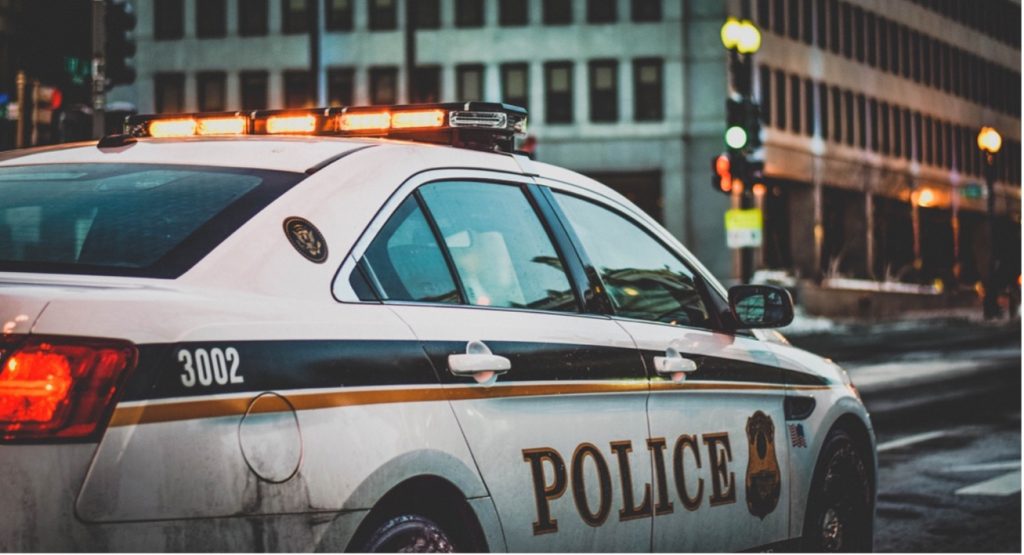By Hannah Dean, Staff Writer

In 2019, the American Bar Association (“ABA”) formed a Plea Bargain Task Force to examine and address the widespread criticisms of the plea bargaining process in the United States.[1] Task force members include judges, prosecutors, defense attorneys, and law professors.[2]
The Task Force released a report last month detailing the widespread use of plea bargaining as a mechanism to resolve criminal cases across the nation in which it pushed for an overhaul of the plea bargain system to make it more transparent, fair, and just.[3]
The report notes that “plea bargaining has become the primary way to resolve criminal cases,” citing research from the Pew Research Center which found in fiscal year 2018 that only 2% of federal criminal cases went to trial.[4][5] Ninety percent of federal criminal cases in that same year ended in guilty pleas.[6] Though there is less data available for state courts, as there is no standardized record-keeping system that covers all state courts, as of 2017, jury trials accounted for less than 3% of criminal cases in 22 jurisdictions, including Pennsylvania at 1.11%.[7]
The prevalence of plea bargaining has greatly affected the integrity of the criminal justice system, according to the report. In its research, the task force found that the current plea bargain system allows the use of “impermissibly coercive incentives” by prosecutors to get defendants to agree to a plea bargain, even if the defendant is innocent.[8] These coercive incentives include imposing harsher sentences on those who decide to go to trial and holding defendants who reject plea deals in pretrial detention.[9]Additionally, some prosecutors intentionally choose to charge a defendant with an offense that carries a mandatory minimum sentence if the defendant refuses to accept a plea bargain.[10] Some also threaten to indict a defendant’s child as a way of discouraging a defendant from pursuing trial.[11] Each of these tactics, many of which are employed in tandem by prosecutors, limit a defendant’s exercise of their right to trial by pushing them to take a plea deal, even when they may be innocent.
The report maintains that “trials are essential to a healthy criminal justice system,” noting that plea bargains have effectively replaced the jury trial and have therefore limited defendants’ exercise of the Sixth Amendment and the transparency and accountability of the criminal justice system at large.[12] Negotiations of plea bargains often happen entirely off the record, without oversight from the judge, the public, or the media.[13] In a parallel to settlements in civil cases, fewer criminal trials also means fewer appellate reviews, therefore limiting appellate court oversight of the plea bargain process and the opportunity to create case law.[14] Additionally, pleading guilty in many states prevents the defendant from challenging their convictions based on new evidence of their innocence.[15]
The report also details significant racial disparities in the plea bargain system. Without a trial, there is very little opportunity to uncover racial bias in police or prosecutorial conduct in a given case.[16] In states that prevent defendants who have pleaded guilty from later challenging their conviction, defendants may never get the chance to present evidence of racial bias that affected the outcome of their case.[17] Prosecutors’ decisions to drop or reduce charges as part of a plea bargain reveal stark racial bias. White defendants are 25% more likely than Black defendants to have their most serious charge dropped or reduced as part of a plea bargain, and Black defendants frequently receive higher sentences for the same charges as their white counterparts.[18] Black defendants are also more likely to be held in pretrial detention than white defendants, which increases the likelihood that they will plead guilty even if innocent.[19]
The report sets forth fourteen recommendations to guide plea practices across the country, based on its research and interviews with stakeholders. These recommendations include abolishing the use of mandatory minimum sentences and limiting sentencing differentials, eliminating the use of pretrial detention or bail to induce guilty pleas, and implementing robust data tracking and oversight to monitor the plea bargain process and assess racial and other biases within it. The report’s authors acknowledge that overhauling the plea bargain system will be challenging, but they contend that it is a worthy investment of time and resources because it will greatly improve the fairness, transparency, and legitimacy of the criminal justice system.
[1] https://www.americanbar.org/groups/criminal_justice/committees/taskforces/plea_bargain_tf/.
[2] Id.
[3] Id.
[4] https://www.americanbar.org/content/dam/aba/publications/criminaljustice/plea-bargain-tf-report.pdf.
[5] https://www.pewresearch.org/fact-tank/2019/06/11/only-2-of-federal-criminal-defendants-go-to-trial-and-most-who-do-are-found-guilty/.
[6] Id.
[7] Id.
[8] https://www.americanbar.org/content/dam/aba/publications/criminaljustice/plea-bargain-tf-report.pdf.
[9] Id.
[10] Id.
[11] Id.
[12] Id.
[13] https://www.americanbar.org/content/dam/aba/publications/criminaljustice/plea-bargain-tf-report.pdf.
[14] Id.
[15] Id.
[16] Id.
[17] Id.
[18] https://www.americanbar.org/content/dam/aba/publications/criminaljustice/plea-bargain-tf-report.pdf.
[19] Id.
